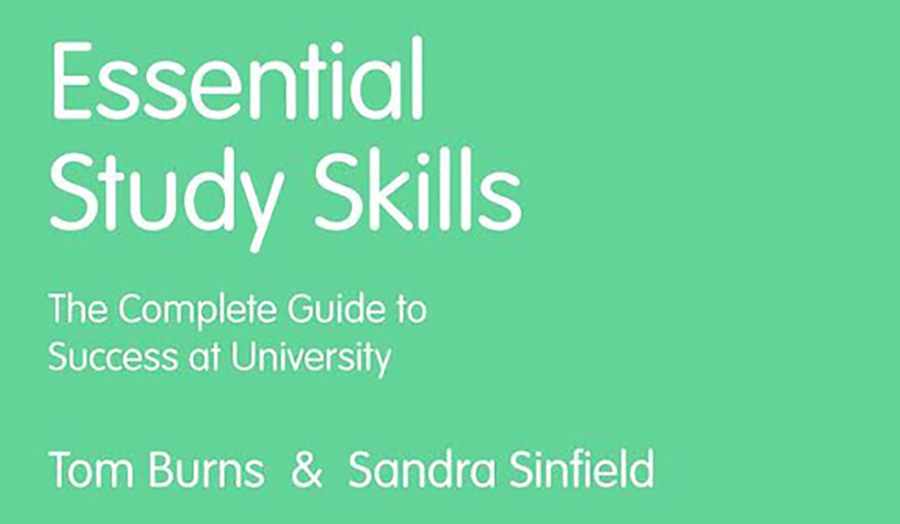Book written by two of London Met’s staff gives students step by step guide on how to study effectively and make the most of university life
Date: 8 April 2016
Essential Study Skills (fourth edition) was published in March 2016 and gives students an insight of how to utilise university life.
The book is ideal thanks to its “user friendly approach,” says Sandra Sinfield, one of the two co-writers. “Students need to experience everything universities have to offer.”
“People aren’t born knowing how to study,” Sandra says. The book aims to combat this by teaching students methods they can use to successfully work on their assignments including note making and referencing. It is written in an easy and accessible manner meaning students can read the chapter they need to prepare for their coursework.
The book comes after Sandra explains she and Tom are the first people in their families to go to university. The academic says people need to be taught how to study because it isn’t a skill people are born knowing how to do.
The fourth edition of the book is different from the first three because it is “more condensed” and it will “follow the university lifestyle,” comments Sandra.
One of the areas the book challenges is trying to encourage students to stay on campus when they are not in classes. Research suggests students are likely to drop out if the first eight weeks of their university life doesn’t go well.
A large part of ensuring a student has a successful academic career relies on their peers and friends. It has been proven students are more likely to stay on campus if they have friends to stay with. The book aims to explore this idea and develop methods on how to encourage students to talk to each other and strengthen those networks.
The book is available in the Learning Centre and also for download.
One of the chapters focuses on plagiarism. Tom Burns and Sandra Sinfield noted plagiarism can be accidental when a student doesn’t know how to reference properly. Students will be taught how to reference and not be “caught in the trap” of failing an assignment because they didn’t know how to reference accurately.
This often happens when a student tries to take a “shortcut” meaning they are either misinformed about how to reference or they try to rush the process.
Sandra says it was necessary to dedicate a chapter to plagiarism because of the ever-changing nature of society and that it is becoming increasingly likely to be penalised for not referencing a source because students aren’t taught how to do so.
Chloe Noble, a BA Education Studies and English Literature student at London Met, provided some of the diagrams for the book.
Sandra comments that student’s grades and attendance are in correspondence with reading this book. She says they “get better” as more people read the book suggesting there is an underlying factor which creates a better working environment for London Met.

